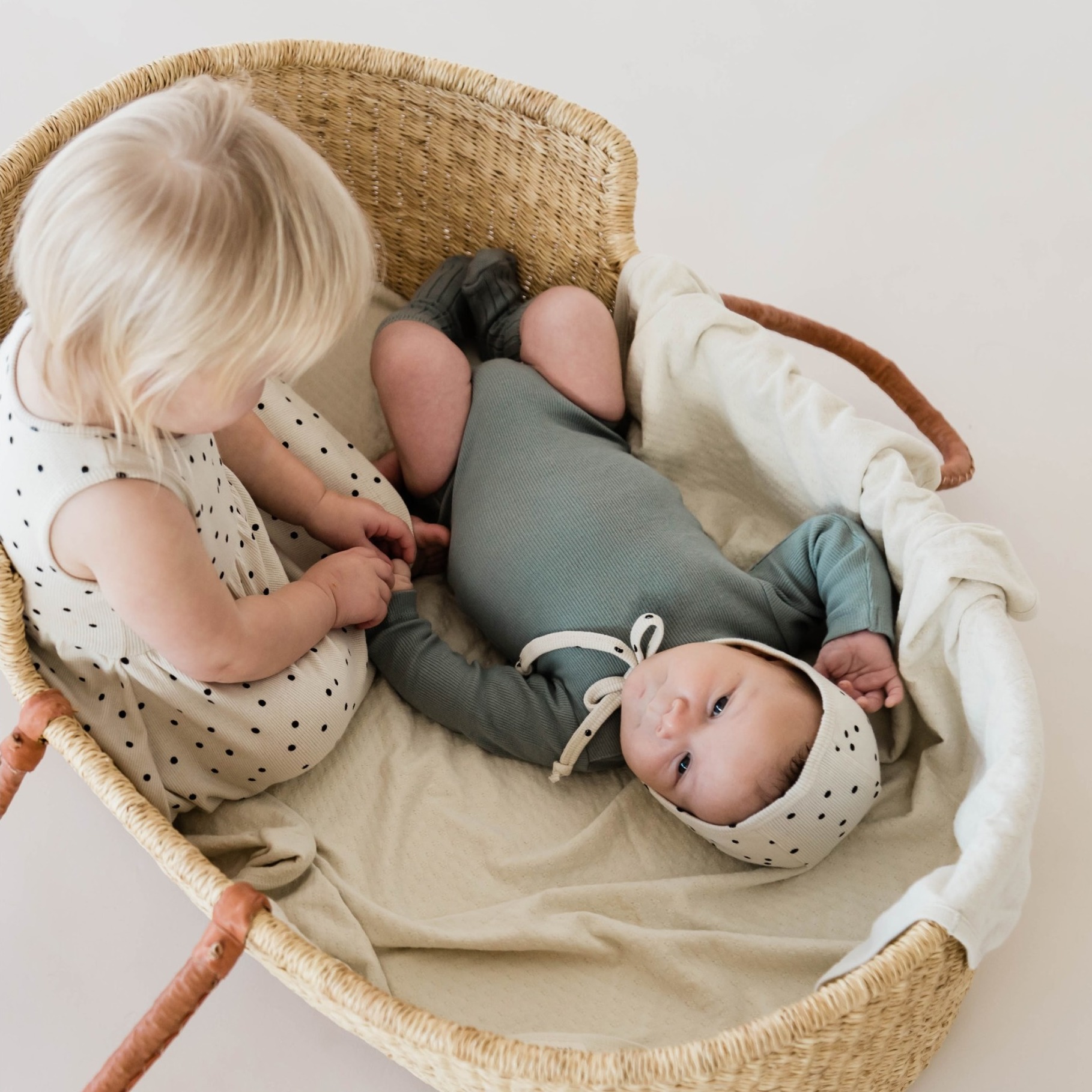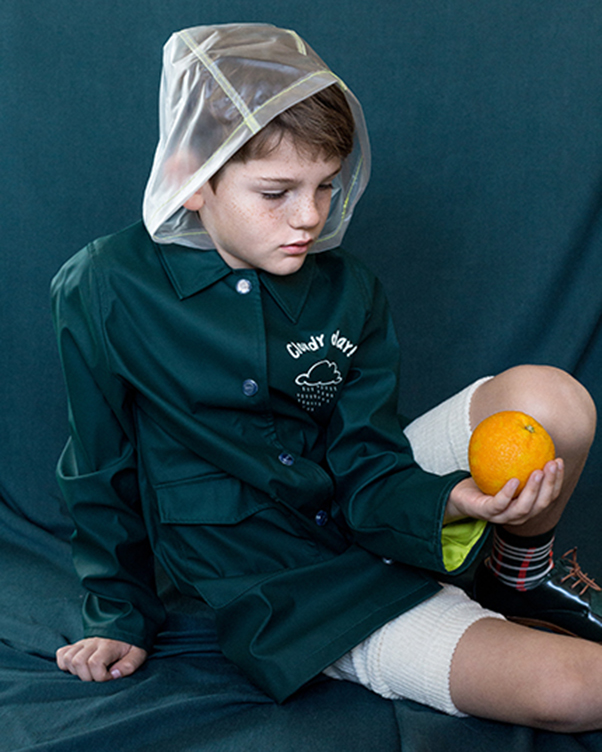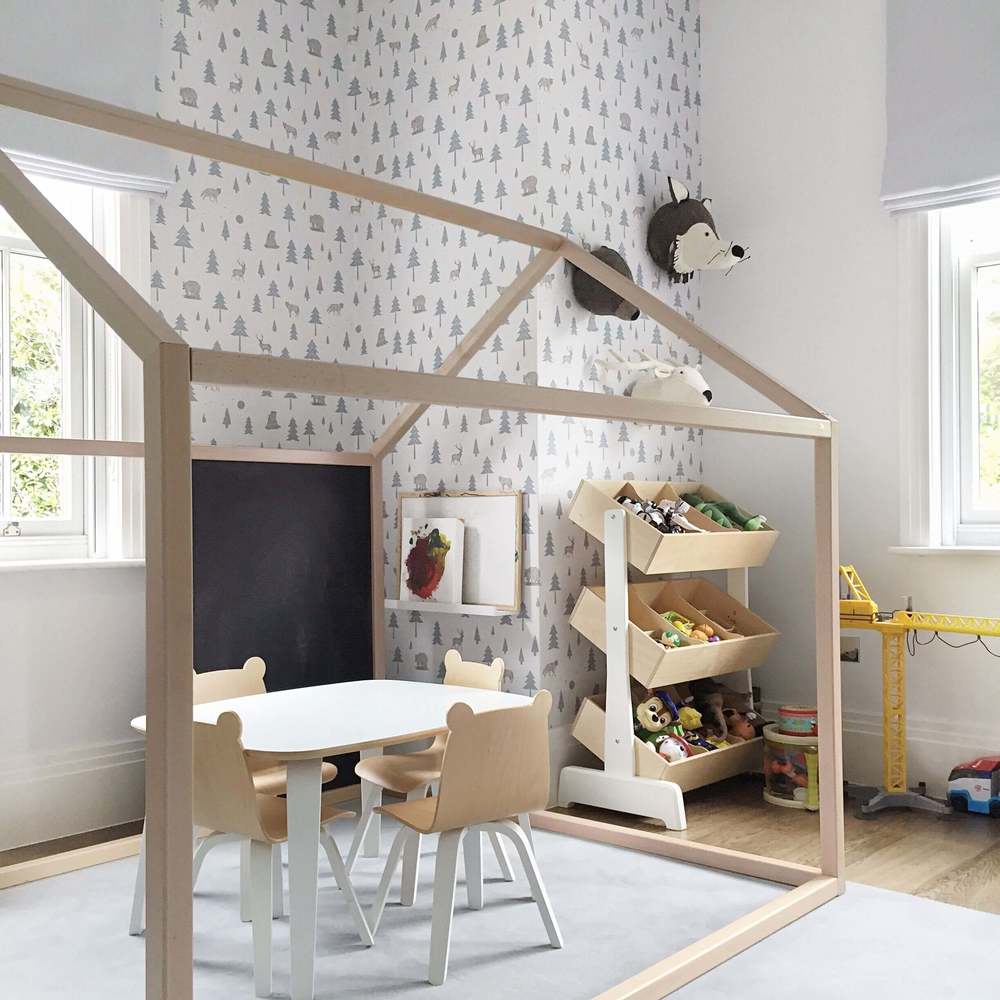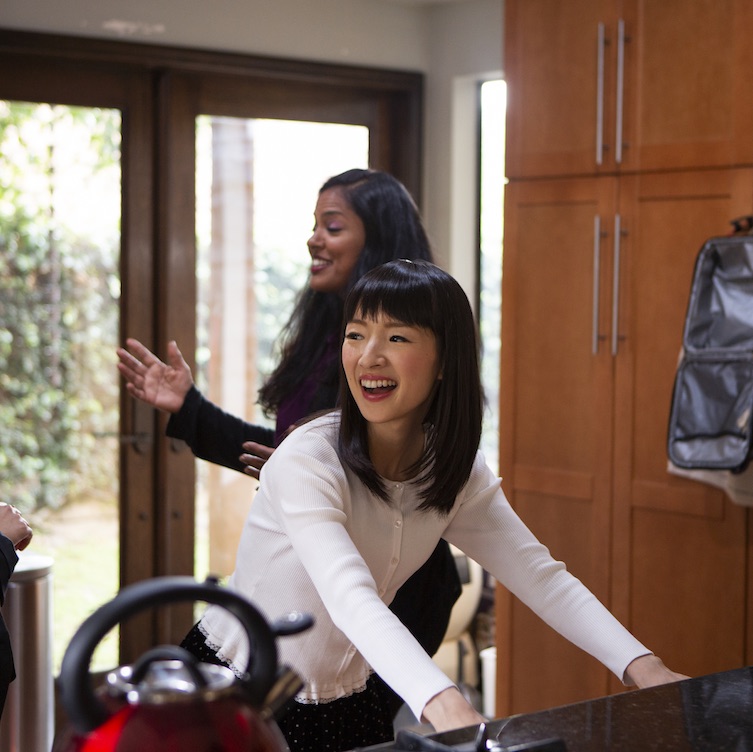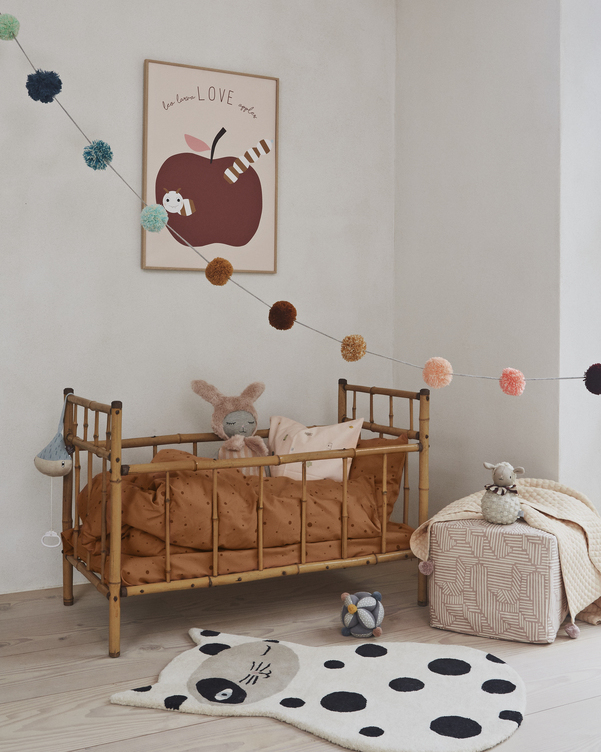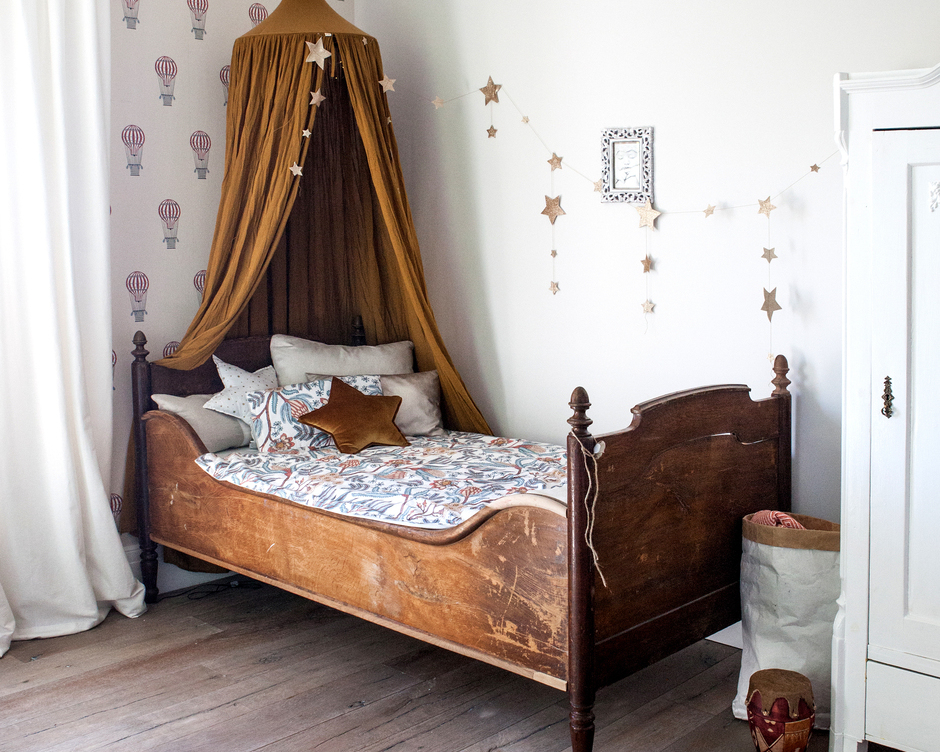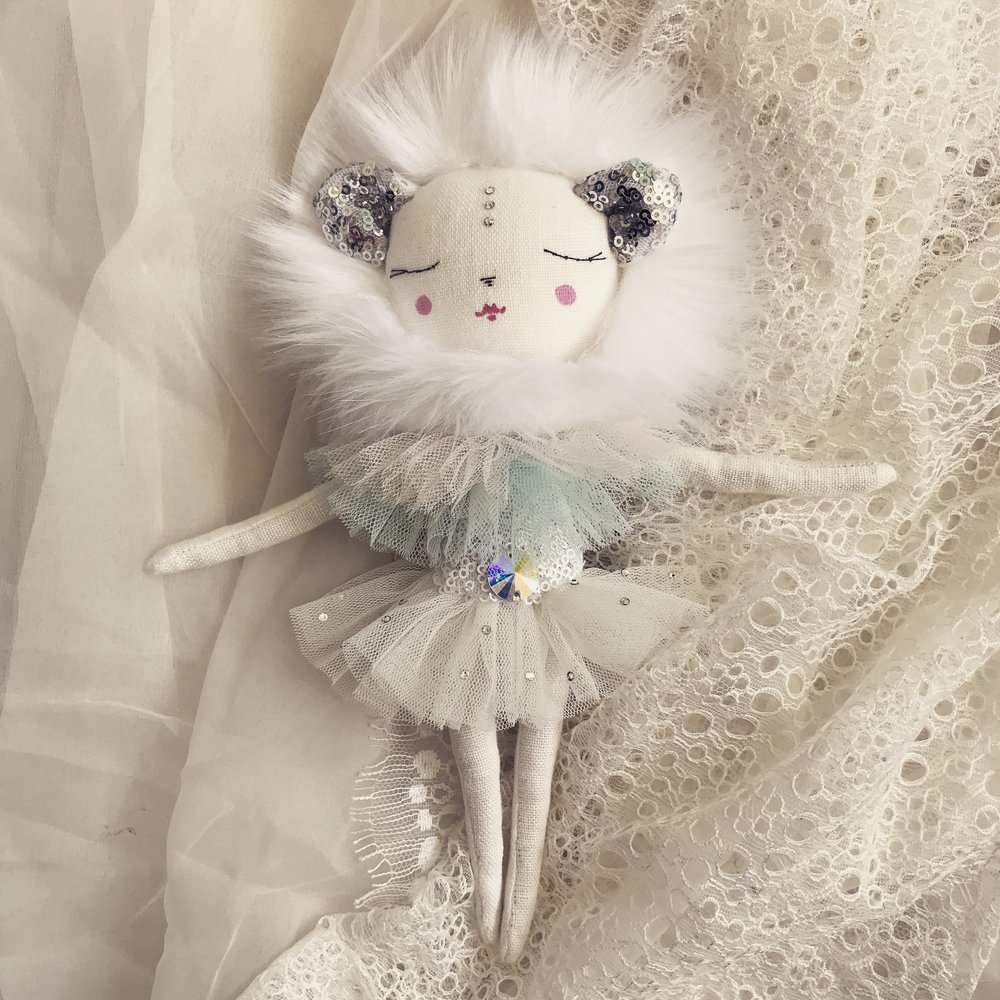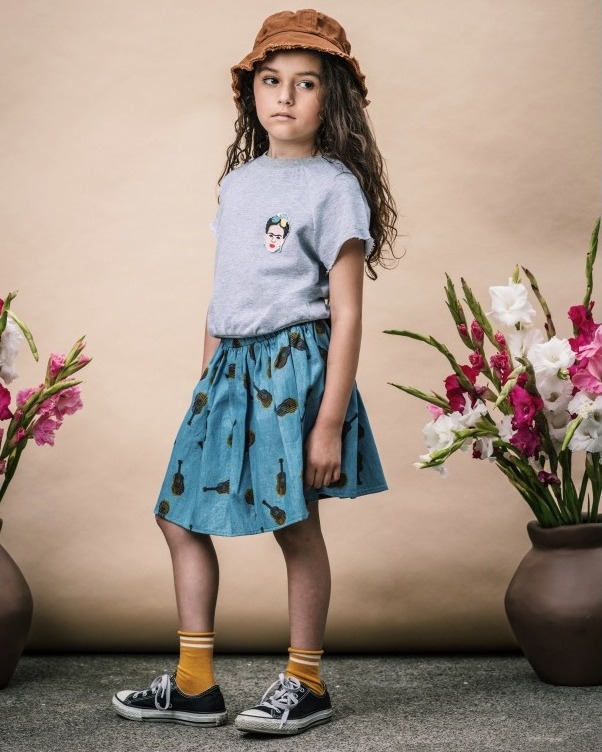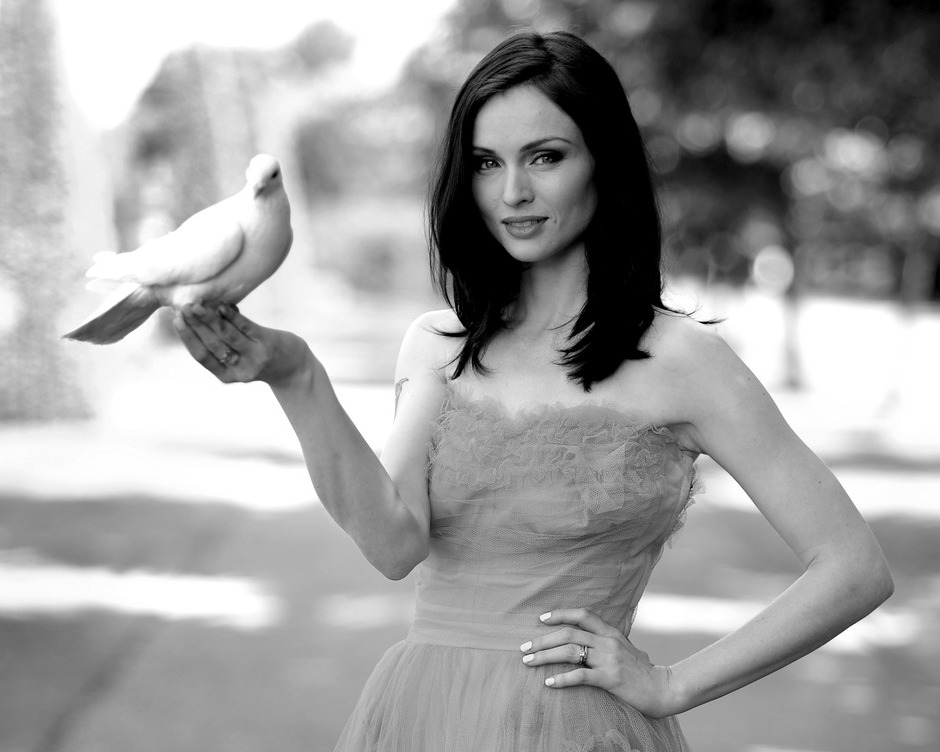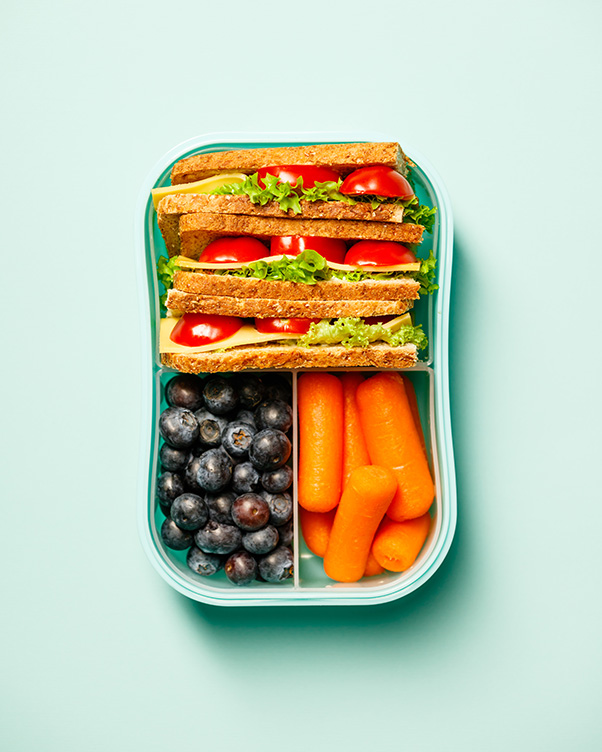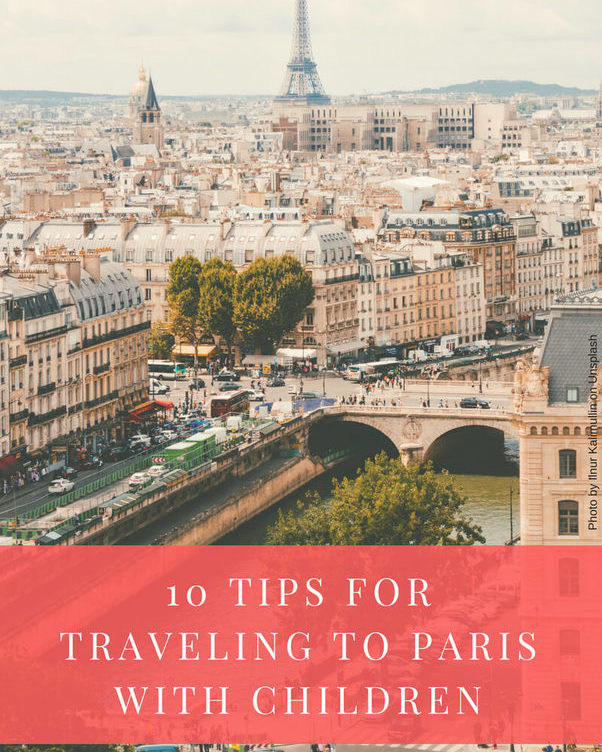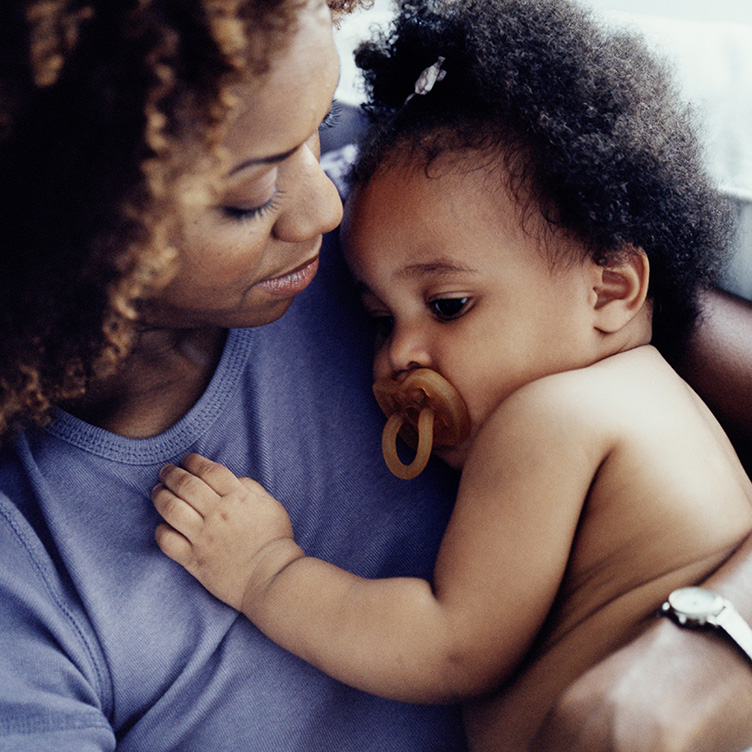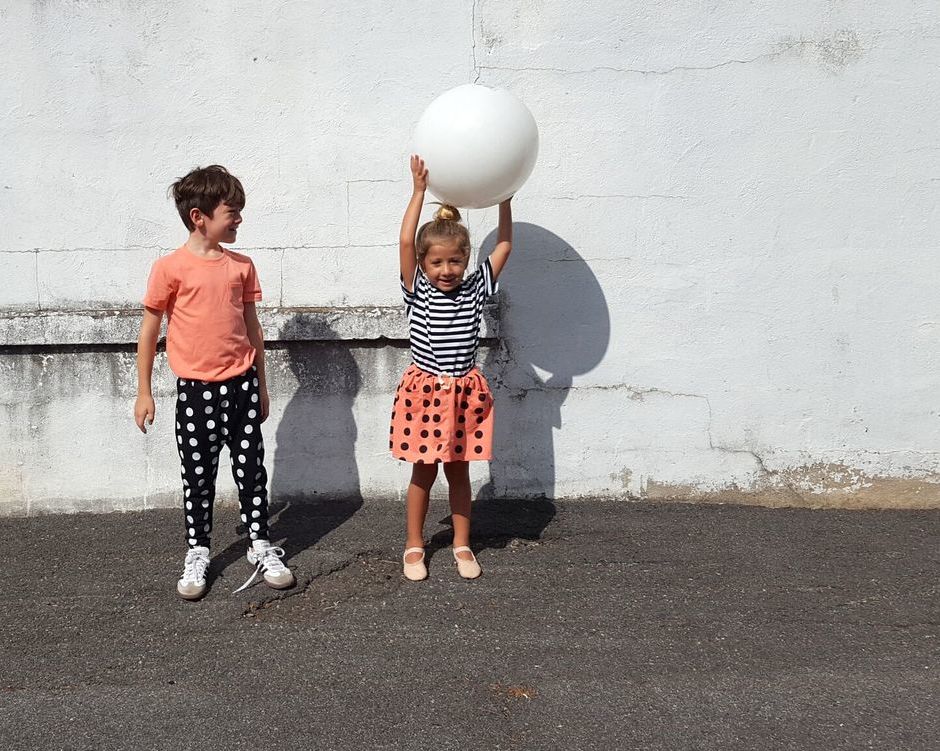

Why you need to teach your child these 8 important ‘body safety’ rules!
MUM, Motherhood
We talk a lot about safety to our children. Street safety, protection against the sun, helmets or hot water. But do we take enough time to teach and talk about body safety with your children?
It is a difficult topic that we like to push away. Because it can make us feel uncomfortable and might be scary for our children. But avoiding it is no solution and finding a good moment is key. Therefore, we have listed 8 important body safety rules for children that you should teach and talk about with your child. As a guideline. And, we also have a little list with good moments to start the conversation.
And since we cannot always protect our children, we need to arm them with information. It is the best preventative measure we can gift them. And never forget: Knowledge is power!
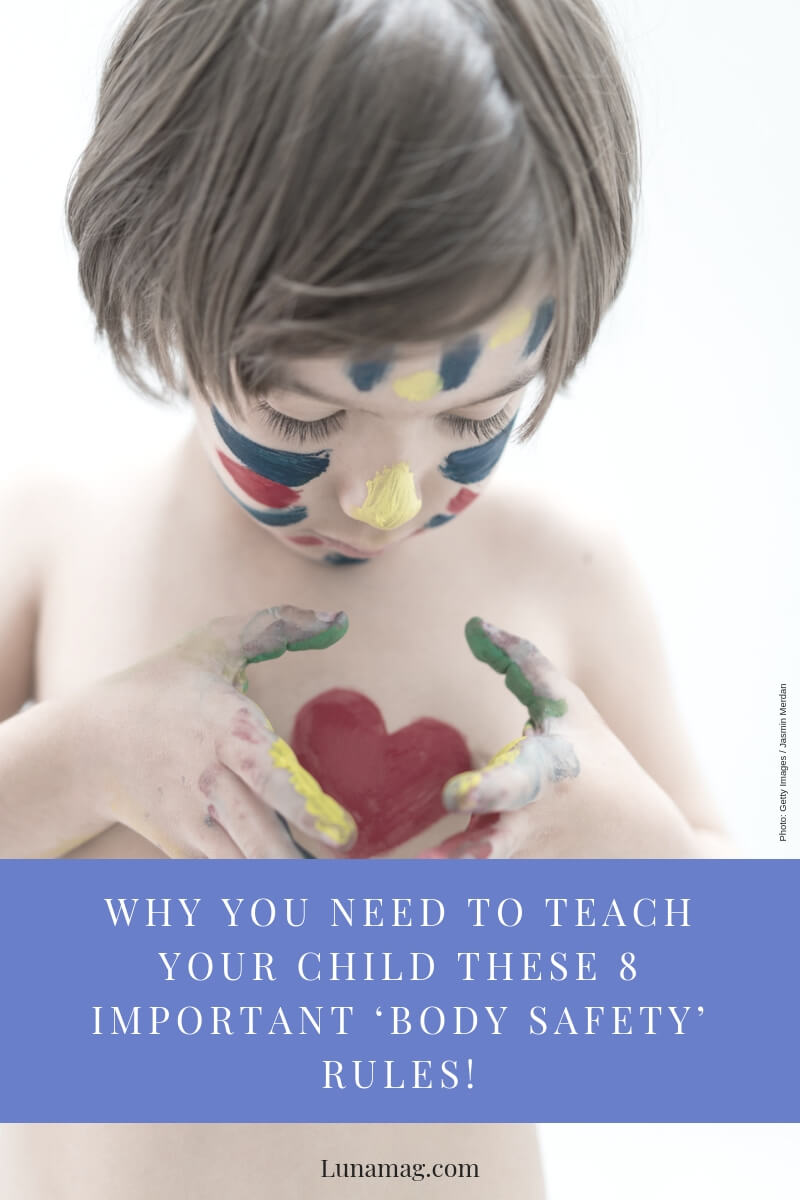
Let’s start taking the time to incorporate body safety into our conversations. And make sure to keep the line of communication always open, you want your child to know that they can talk to you at any time.
Here are the 8 body safety rules for children to know:
1. Talking about body parts early and teaching your children the proper names of their body parts
Name body parts correctly and talk about them very early. This way, a child can clearly state where they were touched. Name each body part correctly including the genitals, and explain to your child that their ‘private parts’ are the parts under their bathing suit.
2. Making that your child clearly understands what ‘private’ actually means
Body parts are called private because they are not for everyone to see. Close family (parents and siblings) can see them naked, but people outside of the home should only see them with their clothes on. If a doctor needs to see them without their clothes he will explain and ask first. And mum and dad will be there too. It is a little bit like private and public. A toilet is a private space and just for one person. The library is public and open for everyone.
3. Tell them, who they can talk to when they feel unsafe
No one has the right to touch or ask to see our private parts! Explain to your child that you will always believe them and that they can tell you anything and will NEVER get in trouble.
4. Different types of feelings
Feelings are important to recognise and to discuss. It will make you feel more connected and in line with your body. Children that can address their feelings will have it easier to speak up when somebody touched them inappropriately. Ask them regularly about their feelings and how different situations touch them. Ask them to express themselves and to explain their experience.
5. Having a clear understanding of ‘safe’ vs. ‘unsafe.’
What is safe and what is unsafe. Teach your children body boundaries, because sexual abuse often begins with the perpetrator asking the child to touch them or someone else. Being pushed into something you do feel good to do is unsafe. Being in a cosy environment and listening to music on your bed is safe.
6. No Pictures of Private Parts
Very straightforward but so important these days: Teach your children that no one should ever take pictures of (their) private parts. And nor should any pictures of other people’s private parts be shown.
7. No secret keeping
Body secrets are not okay and most perpetrators will tell children to keep the abuse a secret. Tell your children that no matter what anyone tells them, body secrets are not okay. Your child needs to know and understand that if someone does ask them to keep an unsafe secret that they must tell a trusted person. Remind them again: They will never be in trouble if they tell you a body secret!
8. Speaking up if something feels wrong
As a summary of the 7 points above. When you discussed the important topics of recognising feelings, trusting people and knowing when something is not safe, your child will now feel when something feels wrong. Explain that if someone does touch their private parts that they always have the right to say, ‘No!’ or ‘Stop!’.
Your child is the boss of their body and they only ever have to do what feels right for them. This includes hugs and kisses too. And that there is an invisible space called ‘body boundary’. It surrounds our body, and no one can enter it unless you allow it.


